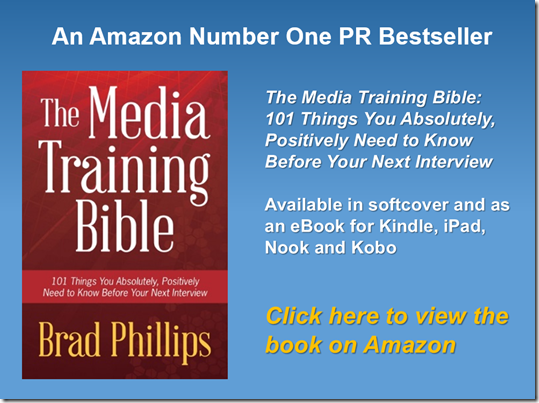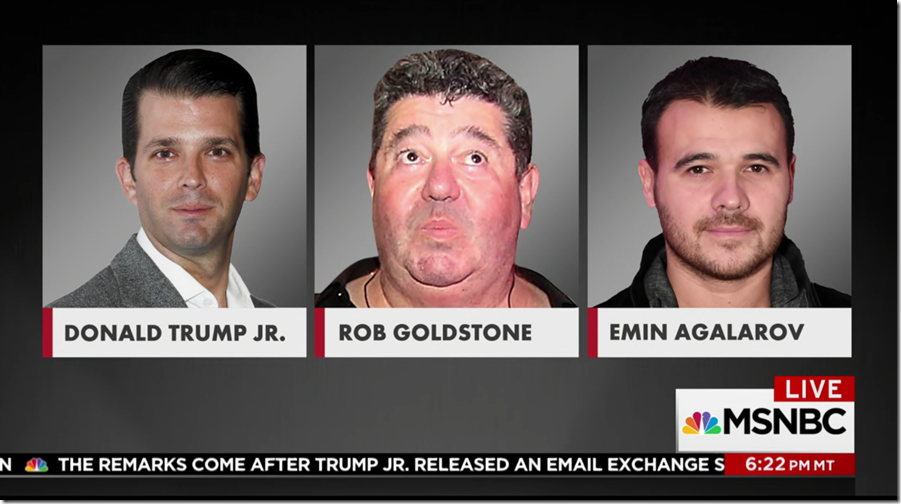How To Get Reporters To Soften Their Coverage Of You
A reporter’s primary obligation is not to you, the spokesperson, but to the story itself. Yes, a journalist owes you an accurate rendering of your quotes and a fair representation of your views, but whether you come out of the story looking good, bad or neutral is not their concern.
That being the case, you might wonder what the purpose is of establishing positive media relations with a reporter?
There are many ways to answer that question, but the one that matters the most when things go wrong is this: When you or your company is suddenly accused of wrongdoing, a reporter who has gotten to know you is more likely to give you the benefit of the doubt. They may still write tough pieces about you, but they also may be a bit slower to assume the worst about you or at least be willing to hear what you have to say before forming hard conclusions.
Those lessons all came to mind when I read a recent story by Cathal Kelly, a sports columnist for Canada’s Globe and Mail newspaper. His story is about two professional athletes: retired baseball superstar Frank Thomas and professional hockey player Phil Kessel. Kelly goes into depth about the behavior of both men toward the media—and how their contrasting approaches yielded different results.
The entire story is worth reading; you can read it here.
The following lines grabbed my attention—and although Kelly wrote them with athletes in mind, the same takeaway applies to any public figure, business executive, or spokesperson who interacts with the media. They’re an honest confession of how basic humanity affects coverage, and I’ve found the same dynamic to be true for most of the reporters I’ve interacted with throughout my career.
“There are players I’ve covered for years, talked to many times about all sorts of things. I think I know them, at least a little.
Then one day, we’ll walk past each other in the street, our eyes meet and they don’t recognize me. Not at all.
As media, we are locker-room background – as animate as grease boards and laundry hampers. You can’t remember what you haven’t really seen in the first place.
Then you’ll run into the same guy in a Starbucks lineup on the road and end up talking to each other about nothing. Maybe he’ll see you embracing an old coach of his. Or he’ll wander into an actual human conversation you’re having with the GM about families or movies or a mutual acquaintance.
All of a sudden, and in that instant, you become a real person. And that player never forgets you, sometimes even years later. It’s bizarre, and it happens all the time in this business.
Once that’s happened, you’ll never rip that guy in print. You’ll criticize, but the ripping days are over. He’s not just someone you cover any more. He’s someone you know.
This has very little to do with the job. It’s human nature.”
The difference between being “ripped” and “criticized” can be huge. It can mean the difference between getting fired and keeping your job, a small dip in stock price versus a calamitous one, and a small reputational knock rather than a career-ending one.
And, as Kelly points out, the price of getting on the right side of that line can be small. Sometimes, all it takes is treating the reporter as a person rather than a necessary nuisance.
Don’t miss a thing! Click here to instantly join our mailing list and receive free media training and public speaking tips.





Shorter version of the reporter’s column: A lot of us are petty.